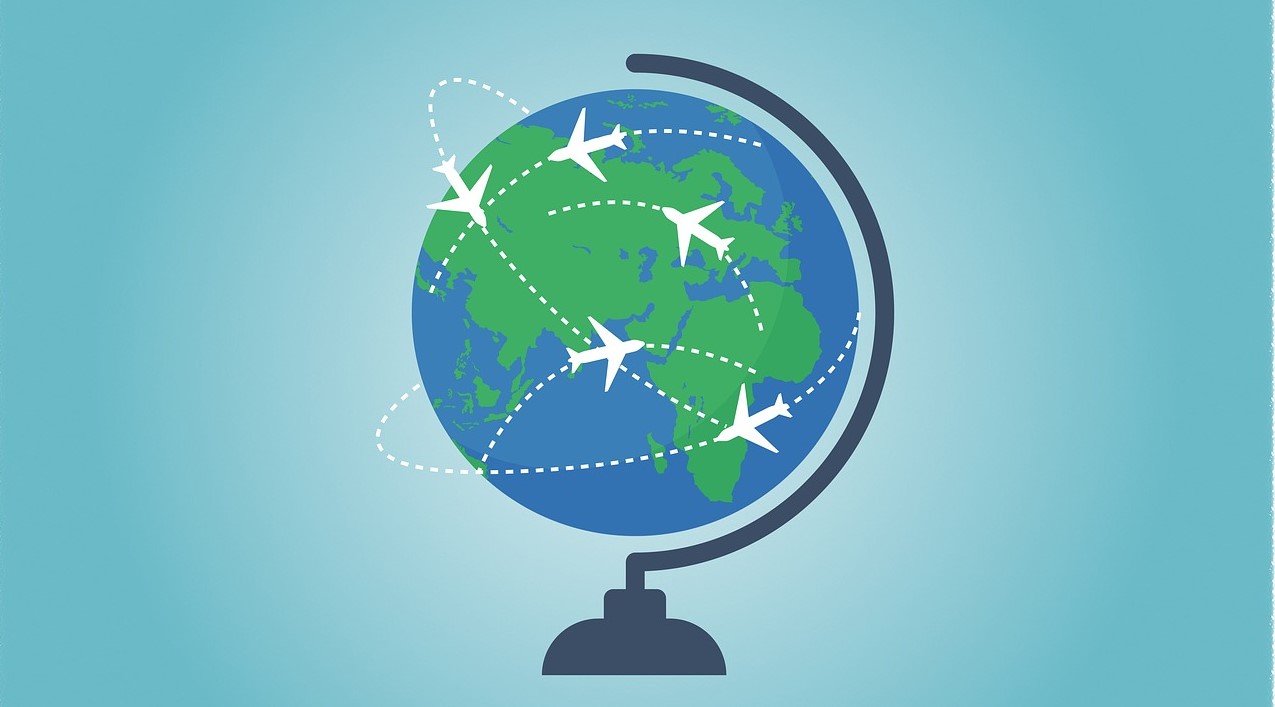FLIGHT
Decreased CO2-emissions in flight-intensive organisations: from data to practice.

In flight-intensive organizations, many employees travel both frequently and far - resulting in large CO2 emissions. At management level, there is often an awareness and a willingness to change, as expressed for example through internal climate goals. But at those levels in the organization where concrete decisions are made about when, where and how to travel, there is a lack of awareness and tools to manage these challenges.
In this project, we will create and test practical tools to reduce travel-related CO2 emissions, thereby moving from words to action. By using a structured method in combination with analog and digital tools, the project will take stock, visualize, design, plan and mediate negotiations about departmental and individual CO2 emissions and the results will be followed up regularly. The project aims to give flight-intensive organizations greater opportunities to reach or exceed climate targets, thereby contributing to an energy-efficient and sustainable future.
Team
Funding
Swedish Energy Agency
Project duration
2019 - 2022
